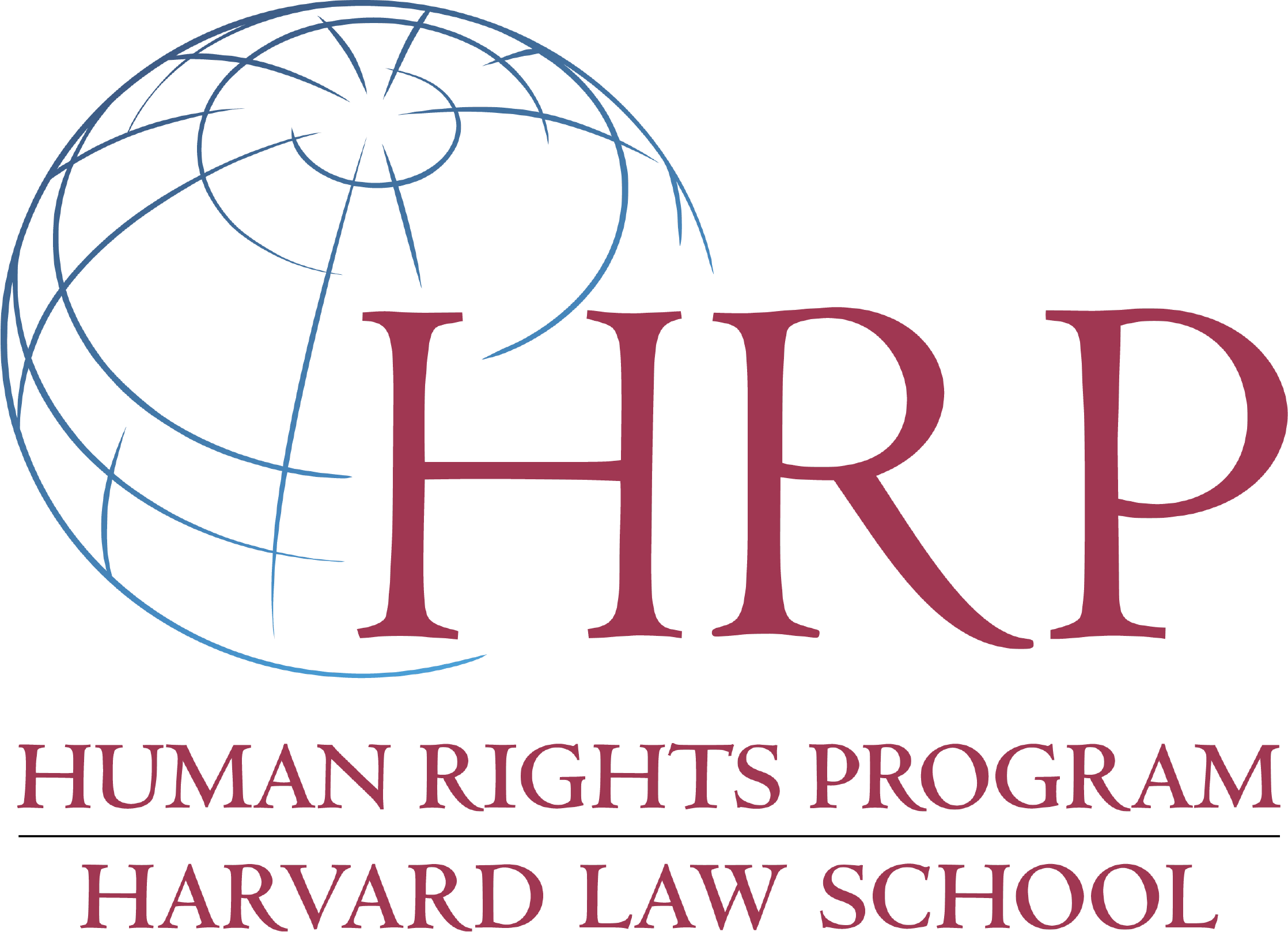
Staff perspective: How mass incarceration harms U.S. health, in five charts
Last week, Emily Nagisa Keehn, Associate Director of HRP’s Academic Program, and J. Wesley Boyd, J. Wesley Boyd, Faculty, Center for Bioethics and Associate Professor of Psychiatry, Harvard Medical School, co-authored a compelling Op-Ed in The Conversation, examining how mass incarceration harms U.S. health. They write in part:
“Each year, an estimated 1,000 people die while incarcerated in U.S. jails, most of whom were unconvicted. Suicide rates for incarcerated people is 3-4 times higher than the general population. To us, the evidence is clear: Mass incarceration is a public health scourge in the U.S. The only reasonable response is to limit the unnecessary use of incarceration across the board.”
This commentary comes on the heels of a two-day conference, “Behind Bars: Ethics and Human Rights in U.S. Prisons.” which Emily helped to organize on behalf of HRP late last year. That conference, co-sponsored by the Center for Bioethics at Harvard Medical School, the Edmond J. Safra Center for Ethics at Harvard University, and the Petrie-Flom Center for Health Law Policy, Biotechnology, and Bioethics, explored a range of topics, from treatment of pregnant women in prison to health care workers in prison to the psychopathological effects of solitary confinement.
Here’s a slideshow of the event (with photographs by Lipofsky.com), along with the keynote speech by Danielle Allen, Director, Edmond J. Safra Center for Ethics, Harvard University and James Bryant Conant University Professor.
